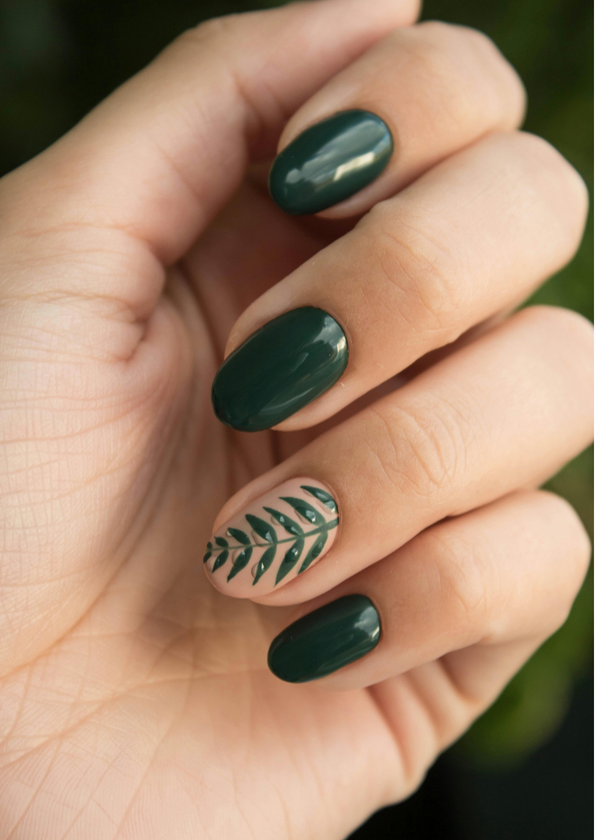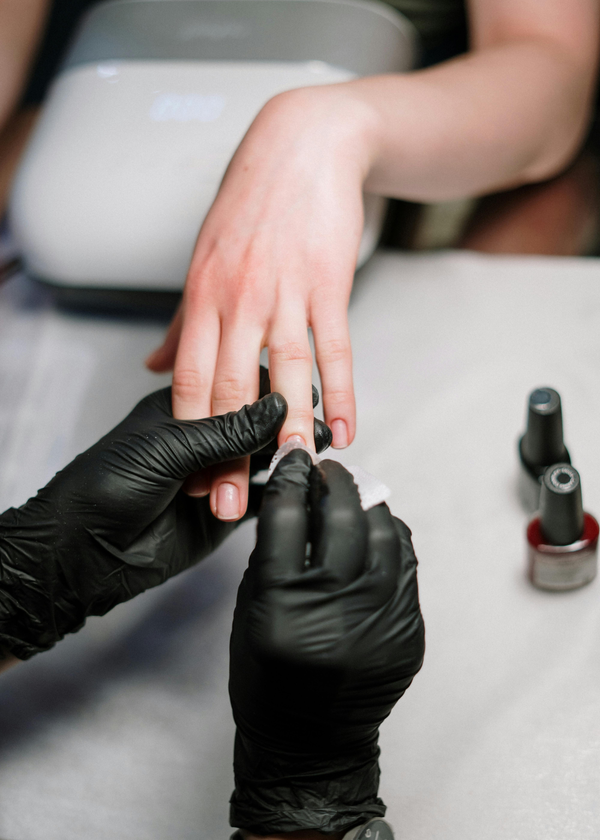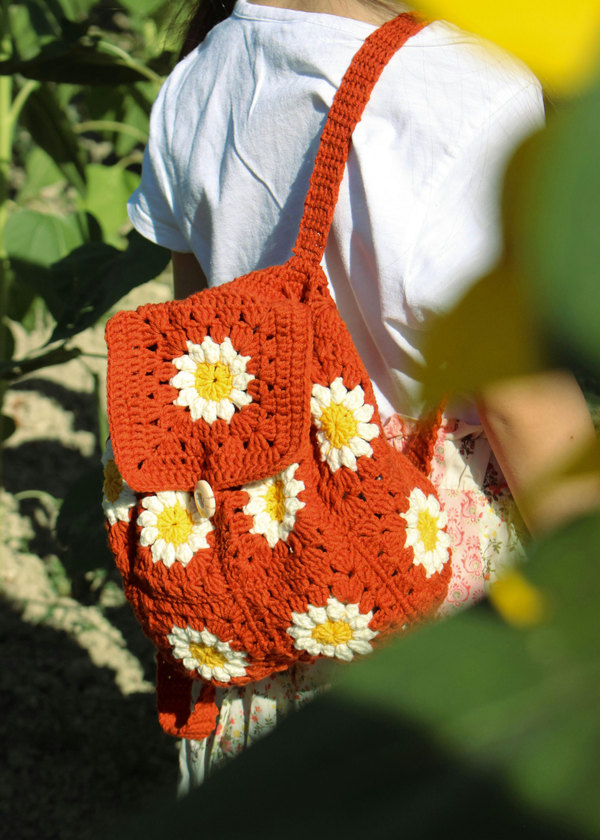Pimples, those pesky little bumps that seem to appear at the most inconvenient times, can be quite a nuisance. Many people turn to various methods to get rid of them as quickly as possible.
One of these methods is the use of pimple patches, which have gained popularity in recent years. But there's a question that often arises: Should you pop a pimple before applying a pimple patch?
In this comprehensive guide, we'll delve into the world of pimple patches, discuss the benefits and drawbacks of popping a pimple, and help you make an informed decision about the best approach for your skin.
I. Understanding Pimple Patches
Pimple patches, also known as acne or hydrocolloid patches, are small, adhesive dressings designed to be applied directly over a pimple.
These patches typically contain hydrocolloid material, which acts as a protective barrier against external pollutants while promoting moisture retention.
They are available in various sizes and shapes, making it easier to target different types of blemishes, from whiteheads to cystic acne.
II. Should You Pop a Pimple?
Before we can discuss whether you should pop a pimple before using a pimple patch, it's essential to understand the pros and cons of popping a pimple:
Pros of Popping a Pimple:
- Faster Healing: Popping a pimple can speed up the healing process. When the pus is removed, the inflammation usually decreases, and the blemish may flatten and reduce in size more rapidly.
- Reduced Pain and Discomfort: Popped pimples are often less painful and less likely to throb compared to unpopped ones.
- Cosmetic Improvement: Some people prefer to pop a pimple because they believe it looks better once the pus is gone.
Cons of Popping a Pimple:
- Infection Risk: Popping a pimple can introduce bacteria and dirt from your hands or tools into the open wound, leading to infection and potentially more significant issues.
- Scarring: Improper pimple popping can cause scarring, which may be more noticeable and longer-lasting than the original blemish.
- Inflammation: Aggressively popping a pimple can lead to more inflammation, making it look even worse.
- Spread of Acne: Popping a pimple can inadvertently push bacteria and sebum deeper into the skin, potentially causing new breakouts in nearby areas.
- Discomfort: Popping can be painful and may leave your skin sore.
III. Should You Pop a Pimple Before Using a Pimple Patch?
Now, let's get to the heart of the matter: Should you pop a pimple before applying a pimple patch?
The answer isn't a straightforward "yes" or "no." It largely depends on the type of pimple you're dealing with, your experience with pimple popping, and your skin's sensitivity. Here are some guidelines to help you decide:
1. Popping May Not Be Necessary for Surface Pimples:
For pimples that have come to a head and have a visible white or yellow center, pimple patches can be applied directly without the need for popping. These patches work by drawing out the pus and keeping the area protected, which can help speed up healing.
2. Popping May Be Beneficial for Deep, Painful Pimples:
Deep, cystic pimples that are painful and not yet visible on the surface can benefit from gentle popping before applying a patch. However, it's crucial to be extremely cautious and gentle to minimize potential damage and scarring.
3. Proper Popping Technique:
If you decide to pop a pimple, ensure that you follow proper hygiene and pimple-popping techniques. This includes washing your hands thoroughly, using sterilized tools, and applying gentle pressure.
4. When in Doubt, Consult a Dermatologist:
If you're unsure about whether to pop a pimple, it's a good idea to consult a dermatologist. They can assess your skin, provide guidance, and perform extractions if necessary.
5. Beware of Over-Popping:
Avoid the temptation to pop every pimple you encounter. Over-popping can lead to skin damage, so it's best to reserve this approach for specific situations.
6. Remember the Role of Pimple Patches:
Pimple patches can serve as both a protective barrier and a healing aid. They can absorb pus and protect the blemish from external contaminants, reducing the chances of infection and scarring. If you're unsure about popping, using a patch alone is a valid approach.
IV. Using Pimple Patches Effectively
Whether you decide to pop a pimple or not, using pimple patches effectively is essential for achieving the best results. Here are some tips:
- Apply to Clean Skin: Make sure your skin is clean and dry before applying a pimple patch. Cleansing the area with a gentle, acne-friendly cleanser is recommended.
- Choose the Right Size: Select a patch that adequately covers the pimple, ensuring a good seal around the edges.
- Leave it On: Pimple patches are designed to be left on for an extended period. Most can be worn for 6-12 hours or even overnight for maximum effectiveness.
- Replace as Needed: Change the patch when it becomes saturated with pus or loses its adhesiveness. Some patches change color when they've absorbed pus, making it easy to know when to replace them.
- Don't Reuse Patches: Pimple patches are for one-time use only. Using the same patch on multiple pimples or over an extended period can negate their effectiveness.
- Be Patient: Pimple patches may take a few days to work, so be patient and resist the urge to frequently check the pimple's progress.
- Use Alongside Your Skincare Routine: Pimple patches are a complementary treatment. Continue with your regular skincare routine, including cleansers, moisturizers, and acne treatments.
Conclusion:
In the debate of whether to pop a pimple before using a pimple patch, the answer depends on several factors, including the type of pimple, your experience, and your comfort level.
Popping a pimple can be beneficial for certain cases, but it should be done cautiously to avoid complications.
Pimple patches, on the other hand, can be a valuable addition to your acne-fighting arsenal, offering protection and help with healing.
Ultimately, the most crucial aspect is proper skincare and consistency. If you're uncertain about popping or using pimple patches, consult a dermatologist who can provide personalized guidance for your specific skin concerns.
Regardless of your choice, treating your skin with care and patience will always yield better results in the long run.








